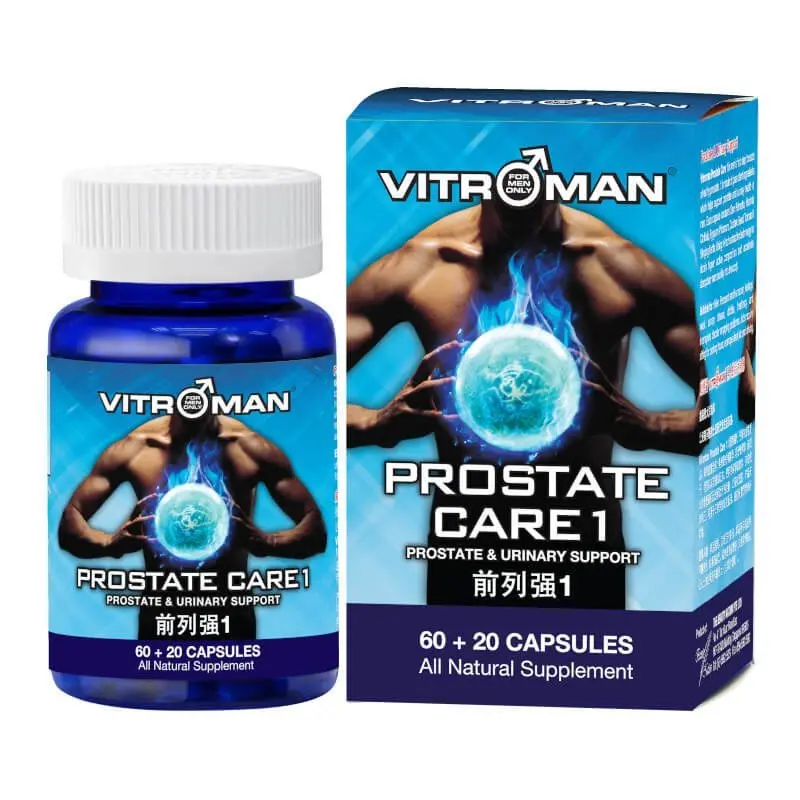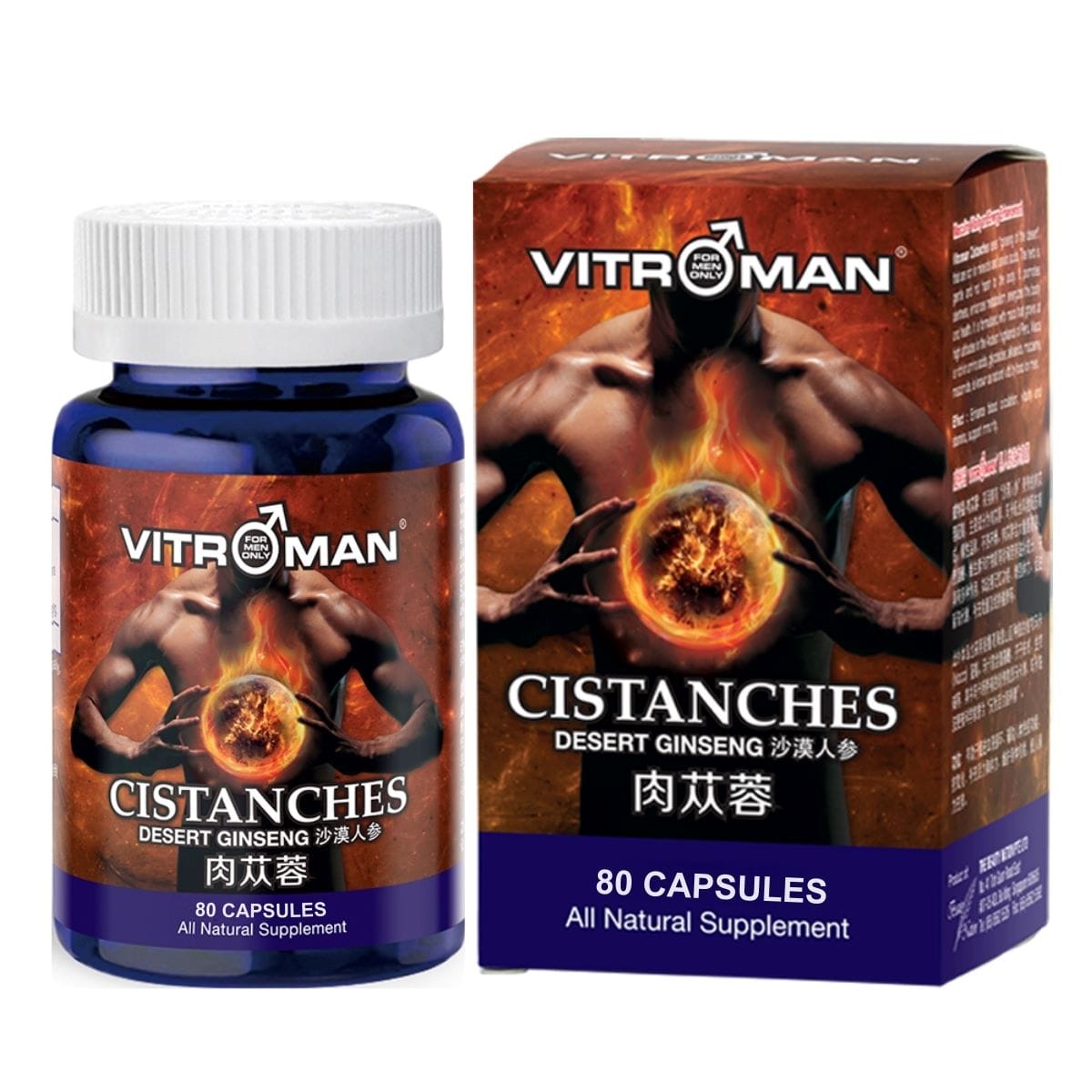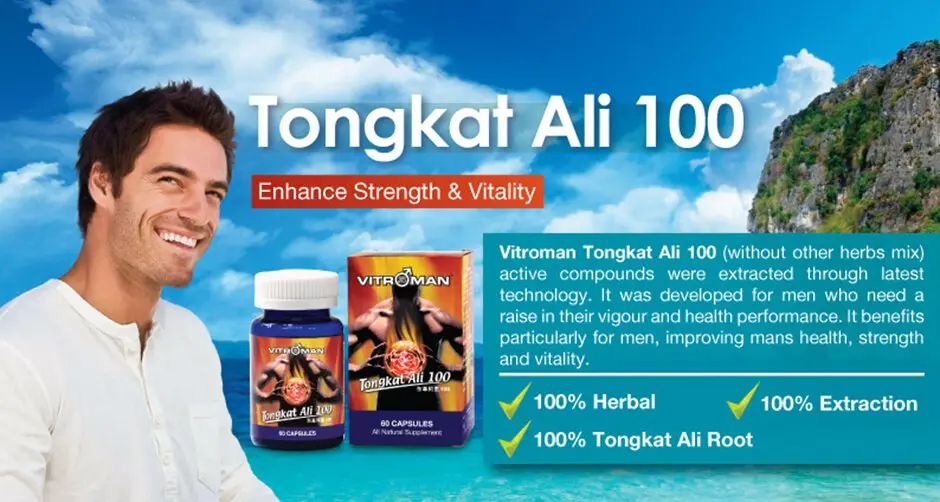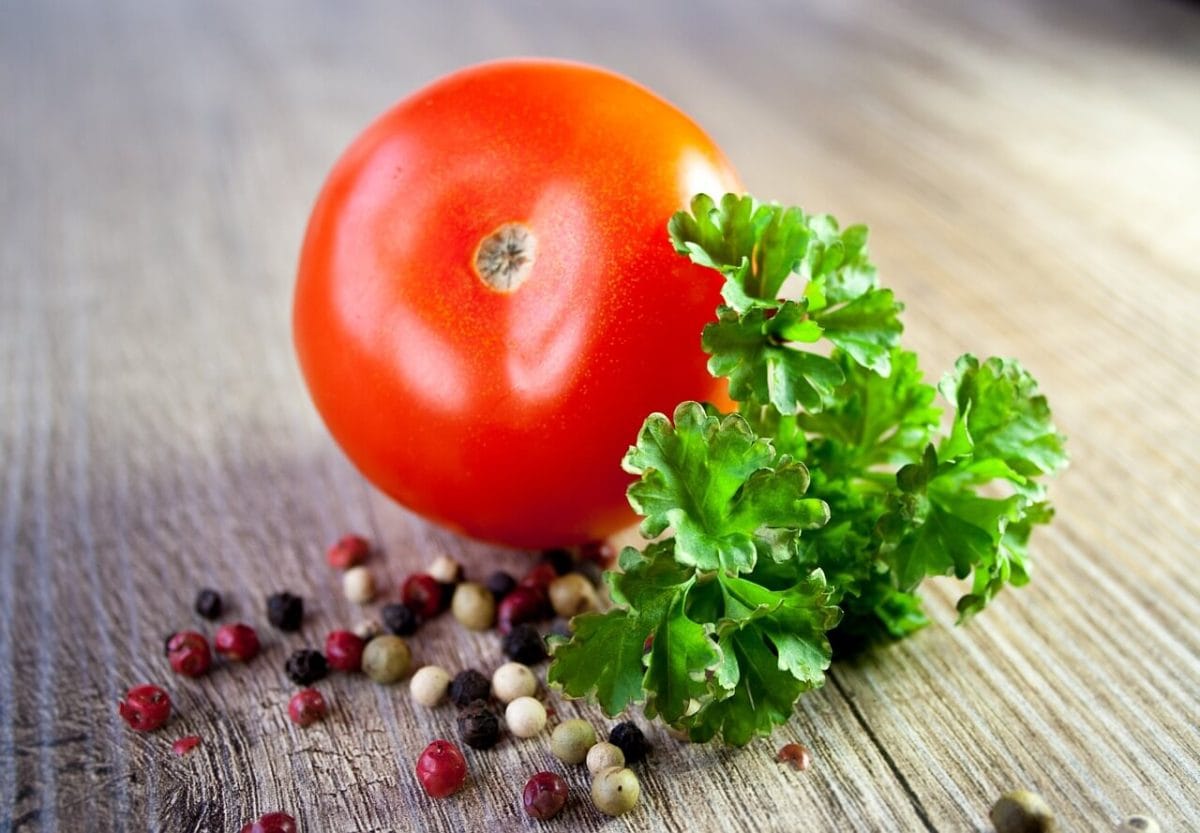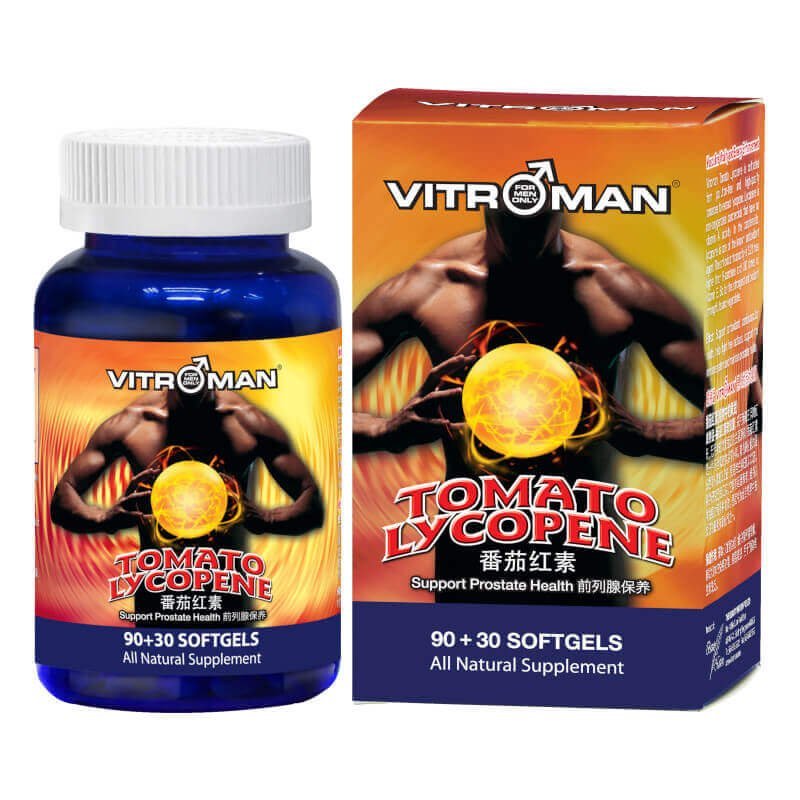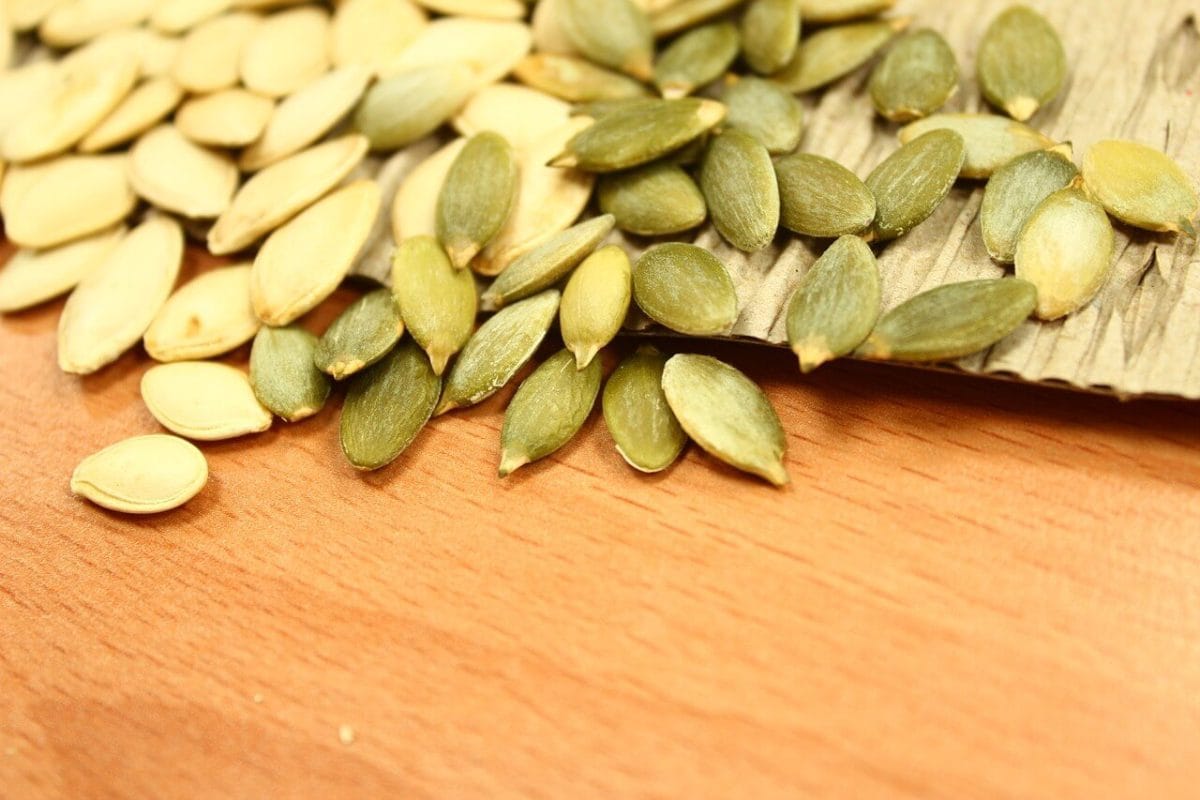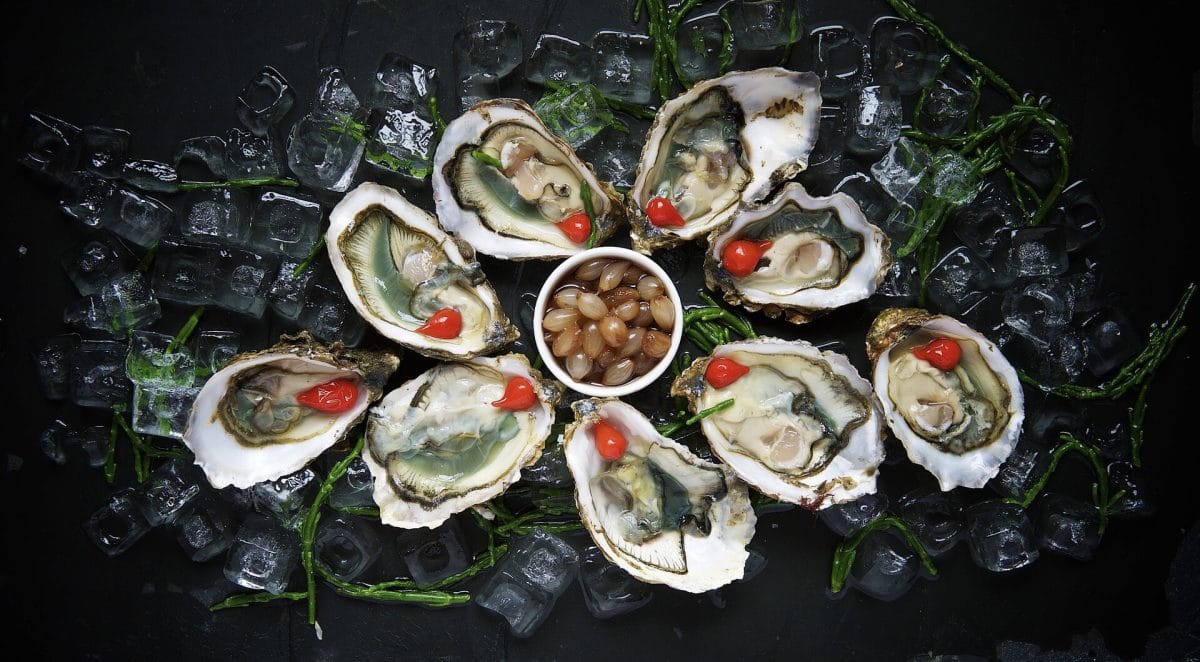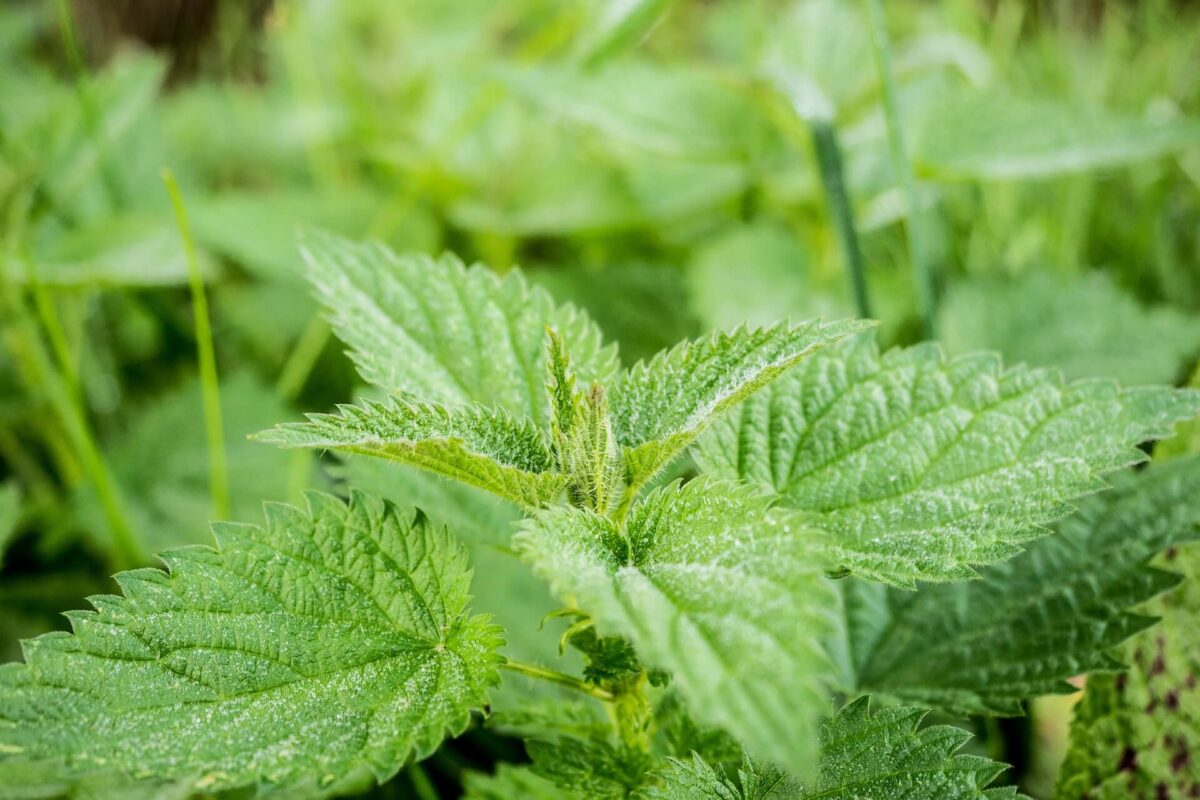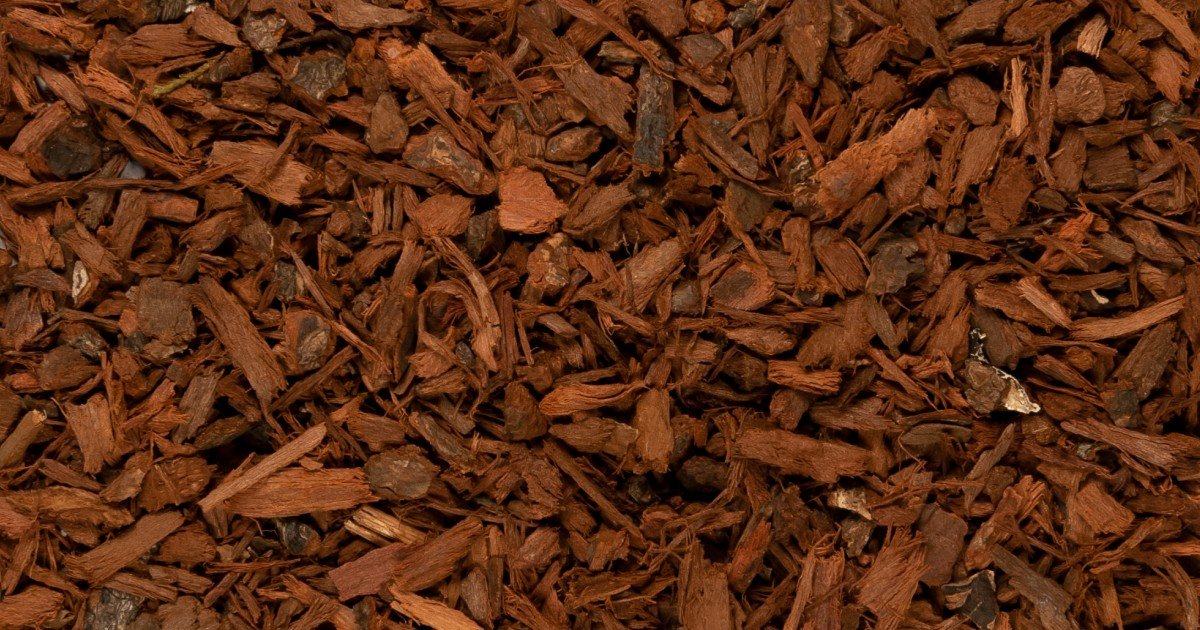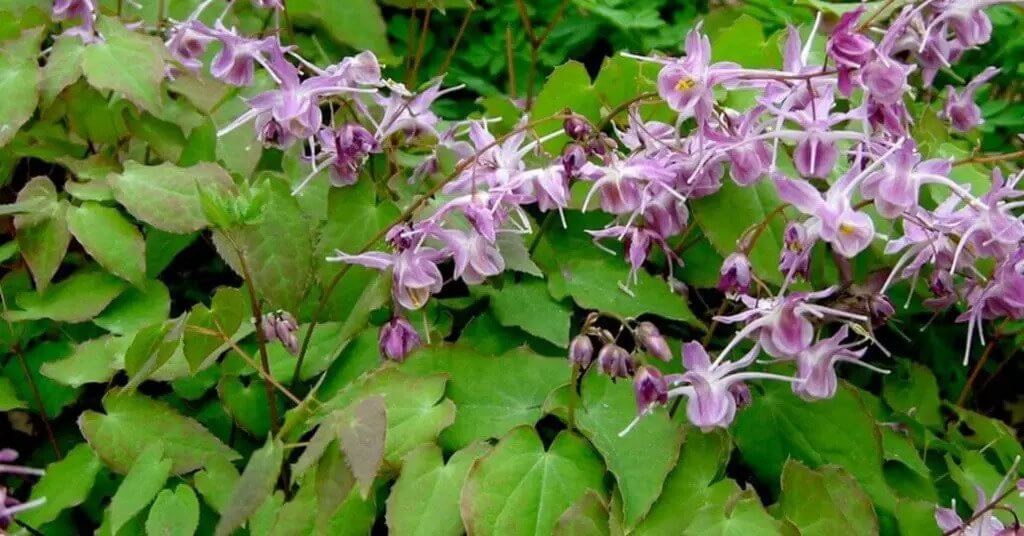The use of herbal products in medical science holds its own place. It sometimes goes alongside with conventional therapy.
This type of complementary treatment is useful when used appropriately. They can be efficacious and have longer therapeutic effects.
Moreover, they come with fewer side effects. These herbs do act slowly, but they work for long and can be maintained with no problem.
Pygeum is one of these herbs. It is extracted from the Pygeum plant and brought in the form of supplements.
Pygeum is an African cherry tree. Pygeum bark has been used as a medicine for a long time. It is useful for many diseases, including infections of the urinary tract and prostate.
It is also known as Pranus Africana. This tree has been of great importance in the regions where it found the most. Especially Kenya and Madagascar, by the people of the Zulu tribe. That’s why it is also known as Afrigan pygeum.
But, is pygeum adequate for Americans and the occidental world, too?
What are the benefits of Pygeum?
There are plenty of pygeum benefits we can list. They have been tested in many types of individuals. That’s why it stopped being folk medicine and turned into a scientific wonder.
Pygeum can improve the symptoms of several diseases and pathologic conditions. It is a natural herbal supplement and contains ferulic acid.
Other components include triterpenes such as ursolic acid and oleanolic acid. We also have phytosterols and other natural substances.
Each one has medical benefits that confer this plant with the properties listed below:
1) BPH
Pygeum is commonly used in the treatment of Benign Prostatic Hyperplasia (BPH). This is a clinical condition in which the prostate size becomes enlarged. It is usually seen in older men, and it causes uncomfortable urinary symptoms.
The prostate is in the way of the urinary tract. Thus, an enlarged prostate would block the flow of urine out of the bladder. This results in bladder, kidney, and urinary tract-related symptoms. Symptoms of BPH include:
- frequent urge to urinate
- an uneven urinary stream
- dribbling at the end of urination
- and incomplete emptying of the bladder.
There are many theories about the cause of BPH. One of them says the prostate becomes enlarged because of the increased levels of androgens. They act on the prostatic epithelium and stimulate abnormal growth.
The use of Pygeum has been of great significance in these patients. Pygeum bark contains several bioactive compounds with anti-inflammatory activity. For example, triterpenes, which are lipid-soluble compounds that inhibit enzymes that affect the prostate.
The other component is phytosterol. This one inhibits the androgen synthesis by blocking the prostaglandin synthesis. Thus, it works great to prevent any further prostate growth.
2) Prostate Cancer
The human prostate is important for sperm health. But prostate cancer is one of the common types of cancers in men. It has several types, but the most common is slow-growing. In most cases, prostate cancer cells are confined to the prostate gland.
The symptoms of prostate cancer are similar to BPH symptoms. They include the typical urinary problems listed above. These patients may also have blood in semen, and some report erectile dysfunction. In such prostate problems, the use of Pygeum can be of clinical importance.
It helps to normalize the epithelium of the prostatic tissue. It increases the anti-estrogenic activity, which is known to aggravate cancer. It decreases fibroblast activity and may stop the progression of cancer. Additionally, pygeum reduces the effects of free radicals and degradative enzymes in the bladder.
Moreover, recent studies show it can actually inhibit tumor growth. Pygeum prevents the translocation of the androgen receptor into the nucleus of the cancer cell. This inhibits the expression and growth of cancer cells.
3) Prostatitis symptoms
The most important symptom of an inflamed prostate is usually groin pain. Others include difficulty in urinating, fever, and chills. Many patients have a urethral discharge and blood in the urine.
Here, the herb Pygeum is useful due to its anti-inflammatory properties. Prostatitis may occur because of microbial infection in the prostate. For example, the bacteria that leaks from the urethra into the prostate. This causes an immune reaction and inflammation in the area.
The strong anti-inflammatory potential of pygeum can alleviate the symptoms naturally. That’s why prostatitis patients usually feel better after using this herb.
4) Inflammation
Urinary tract infections and gastrointestinal infections are usually caused by bacteria. When bacteria colonize one part of the body, the immune system tries to resist. As it does, inflammation ensues. Symptoms include redness, swelling, pain, or loss of function.
When it is chronic inflammation, as in chronic prostatitis, the symptoms can be different. But there’s usually pain and discomfort. Pain and other symptoms of inflammation can be relieved by Pygeum supplements. They can block the synthesis of prostaglandins and the arachidonic acid pathway. By doing so, the body reduces inflammatory signals and keeps up fighting bacteria without harming us.
5) Kidney disease
These diseases make it difficult for the kidneys to filter the blood. When the kidneys can’t handle body fluids, they stay in the body and cause harm. Kidney disease can be of various types depending on the cause.
A common cause is urinary infections that travel via the urinary tract up to the kidney. Others include systemic diseases such as diabetes, hypertension, and tumors. You can also have bladder stones, causing fluid retention in the kidneys.
A few cases respond to genetic abnormalities. When the cause is bladder infections, pygeum bark can be very useful. It provides symptomatic relief of urinary tract infections.
6) Urinary conditions
The common urinary problems in men include increased frequency and urinary retention. Others, such as pain during urination, and blood in the urine are more common as we age.
We can also experience dribbling or and unsteady streamline during urination. This is because even after urinating, you still have residual urine volume. In other words, the bladder does not empty properly. These symptoms can be controlled by using Pygeum appropriately.
It provides systemic relief through its anti-inflammatory properties. Sometimes, it can also help to treat the obstruction in the urinary tract. So, it also contributes to eliminating residual urine. Many therapeutic targets may explain the reason, and it is a promising agent. However, more double-blind studies are required to evaluate their clinical use.
7) Symptoms of malaria
Clinical studies show this plant can be used in the treatment of malaria. It can actually improve symptoms such as fever with rigor and chills. It may also improve the intestinal problems associated with malaria. The bark plant is not only anti-inflammatory.
It is also a powerful antioxidant. As such, pygeum reduces the effect of free radicals and degradative enzymes. In malaria, free radicals are attacking the red blood cells and destroying them. This is why the effect of Pygeum can be of great importance in this disease.
8) Reduces fever-related symptoms
Fever can respond to many different causes. The most common is a systemic infection caused by microbes. When viruses, bacteria, fungi, and parasites invade, the body sends signals to the brain. Then, the brain triggers fever to get rid of the invaders. That’s why malaria and urinary tract infections cause fever.
When these and other causes are treated, the fever can also improve. Using Pygeum can help to reduce fever and the symptoms associated with it. Chills, seizures in children, and other consequences of fever can improve with these dietary supplements. What it does is inhibiting the synthesis of prostaglandin. They will no longer stimulate the brain center that controls the temperature.
9) May treat stomach aches
Pygeum can cause stomach abnormalities, as noted below. But this is variable, and in most cases, the opposite happens. When pain and abdominal distention are caused by inflammation, pygeum can help. This plant has unique anti-inflammatory properties, described in the paragraphs above.
It can be very useful in abdominal pathologies and common gastrointestinal symptoms. One clear example is gastritis. In this condition, the acid levels of the stomach are increased. The stomach is made to work with acids, but not at this rate. Thus, gastritis can cause pain and discomfort.
Through inhibition of the prostaglandins that produce acid, pygeum can improve stomach pain. This plant can achieve this natural relief without any synthetic drugs.
10) Boost libido
Some theories explain how pygeum can boost libido. It could be useful in males for common conditions such as erectile dysfunction. Actually, some clinical trials show that patients who use this type of extract have an improvement in sexual behavior. There’s not a hormonal change and not a clear explanation.
Still, it is a relevant finding that may help patients with prostate health issues. Moreover, it can be useful to improve fertility too. We mentioned chemicals in the plant, such as the phytosterols and ferulic acid. They can help to increase the secretions of the prostate and its functions. When the prostate is well nourished, the quality of the semen improves. This leads to an improved fertility rate.
Still, other benefits can be lifted. For example, it is known that the androgen-blocking capacity of pygeum can improve hair health.
Patients who suffer hair loss due to high testosterone levels may improve their condition. The benefit can be multiplied when you use another supplement with similar activity. For example, stinging nettle, also known as nettle root, and epilobium parviflorum.
However, keep in mind that the benefits of pygeum usually appear after some time. They won’t immediately improve your urinary symptoms and fever-related problems. You will probably find benefits after a few weeks using the supplements.
How to use Pygeum
Pygeum is a herbal supplement. You can take it orally in the form of pills, powder, or as a capsule. It is extracted from the Pygeum tree and then brought in the form of supplements.
The average recommended dose is 100-200 milligrams per day. This is an appropriate dose for patients with prostate enlargement. It also works for urinary tract infections. It is important to watch for adverse effects after consuming for the first time.
The companies that sell this type of supplement may also have a very specific use for their supplements. Follow the instructions and consult with your healthcare provider. Pygeum is even safer when prescribed by a doctor or a homeopathic practitioner. They would typically professionally explain the use and dosage. And if you have questions, he will be the most appropriate person to answer your concerns.
Pygeum supplements in the form of capsules and tablets can be taken orally. When they come in powdered form, they dilute in water or any fluid. There are no intravenous or intramuscular preparations. There’s actually no test for this particular type of administration. That’s why intravenous administration is not recommended.
Pygeum side effects
Studies show that using Pygeum supplements cause no side effect when correctly administered. They should be taken in a moderate amount to prevent any side effects. If you take a higher amount than recommended, it can cause uncomfortable symptoms:
- Gastric disturbances: These are common in overdosage of Pygeum supplements. It typically causes gastrointestinal disturbances such as bloating and increased bowel sounds. Patients may also report abdominal cramps and passing more flatus. Some people with a normal dose may complain of abdominal distention. If this happens to you, it is probably related to the improper digestion of Pygeum bark extract.
- Nausea: The Pygeum tree can cause irritation of the bowel at a high dose. When this happens, your intestines increase the anti-peristaltic movements. In other words, your gastrointestinal flow starts going backward. The most common symptom in these cases is nausea. It might or might not cause vomiting, depending on the dose.
- Diarrhea: As a result of GI irritation, the bowel movements can be increased, too. Increased motility of the gut can cause diarrhea. This is an attempt of the body to eliminate an excessive dose of the supplement. Thus, it is not recommended to stop diarrhea right away. Instead, talk to your healthcare provider.
- Constipation: The Pygeum tree can also cause constipation by an unexplained pathway. Researchers think it is due to increased fatty acids. But regardless of the reason, constipation is a possibility. If your bowel movements suddenly stop, pygeum may be interfering. But do not be scared, this is a reversible side effect, and it won’t usually cause major trouble.
If these side effects happen, it is likely you’re taking a very high dose. Thus, it is advised to reduce the dose. If the symptoms are severe, discontinue the supplement. It should not be used in conditions such as pregnancy and breastfeeding.
No clinical trial has mentioned any alteration in pregnant women, but there are not many studies. Since safety information in this regard is scarce, it is not recommended.
Patients who are already on medications for prostate enlargement symptoms should ask their doctor. Avodart and similar drugs may interfere with pygeum supplements. This usually translates into a higher chance of getting the side effects listed above.
People who are taking or planning to take this herbal extract should always keep in good communication with a medical practitioner. They will give patients appropriate guidance about side effects and the best dosage.
Conclusion
Supplements extracted from the Pygeum plant are useful in clinical practice. They also have minimum side effects. These supplements are taken orally, with a dose ranging from 100 to 200 milligrams every day. When taken in excess, it can cause gastrointestinal abnormalities—for example, nausea, stomach pain, diarrhea, and constipation.
The medical uses of this drug are derived from its anti-inflammatory, anti-estrogenic, anti-fibroblastic, and anti-oxidative properties. It is helpful in treating inflammation in the prostate gland. It is also useful for prostate enlargement and cancer.
As such, it is commonly seen to improve prostate health. This herbal extract is also used in urinary tract infections, pus discharge from the urinary tract, fever, malaria, and kidney problems. Pygeum is sometimes used to boost sexual activity and performance, too.
However, keep in mind that scientific studies and clinical trials are still ongoing. We don’t have all of the available information we need. Thus, it is not recommended for pregnant or breastfeeding women.
Conversely, patients with Benign Hypertrophy of the Prostate can use it without a problem. Still, it is recommended to talk to your doctor, especially if you’re under medications.
